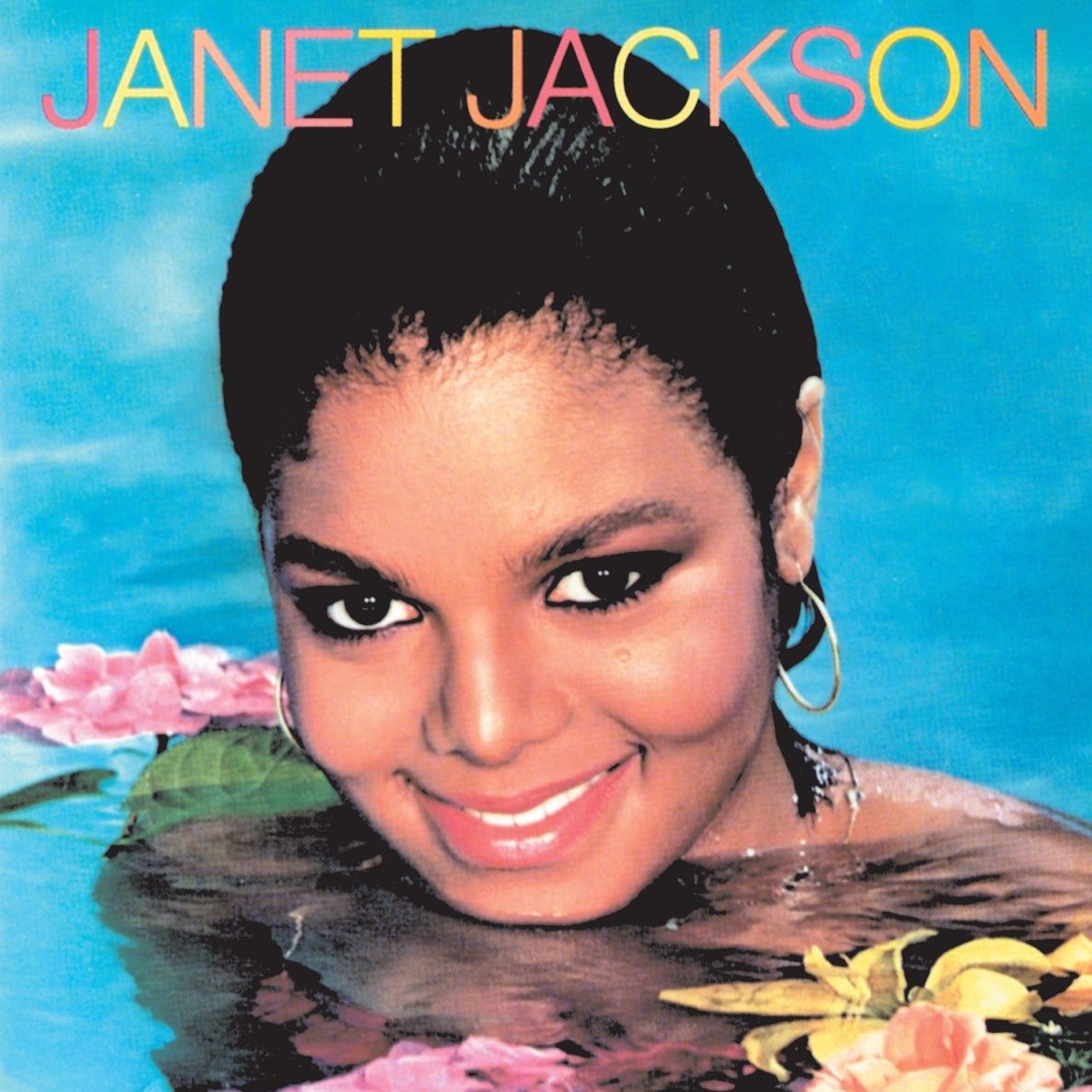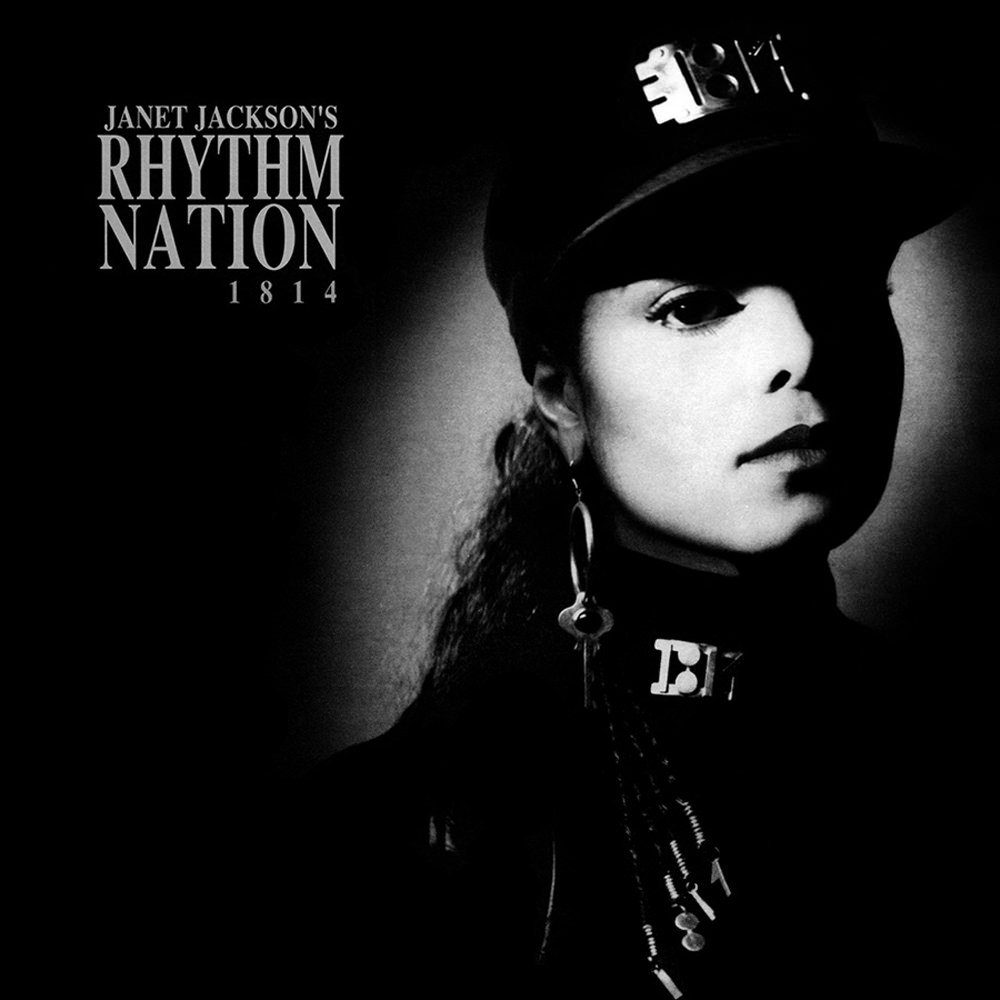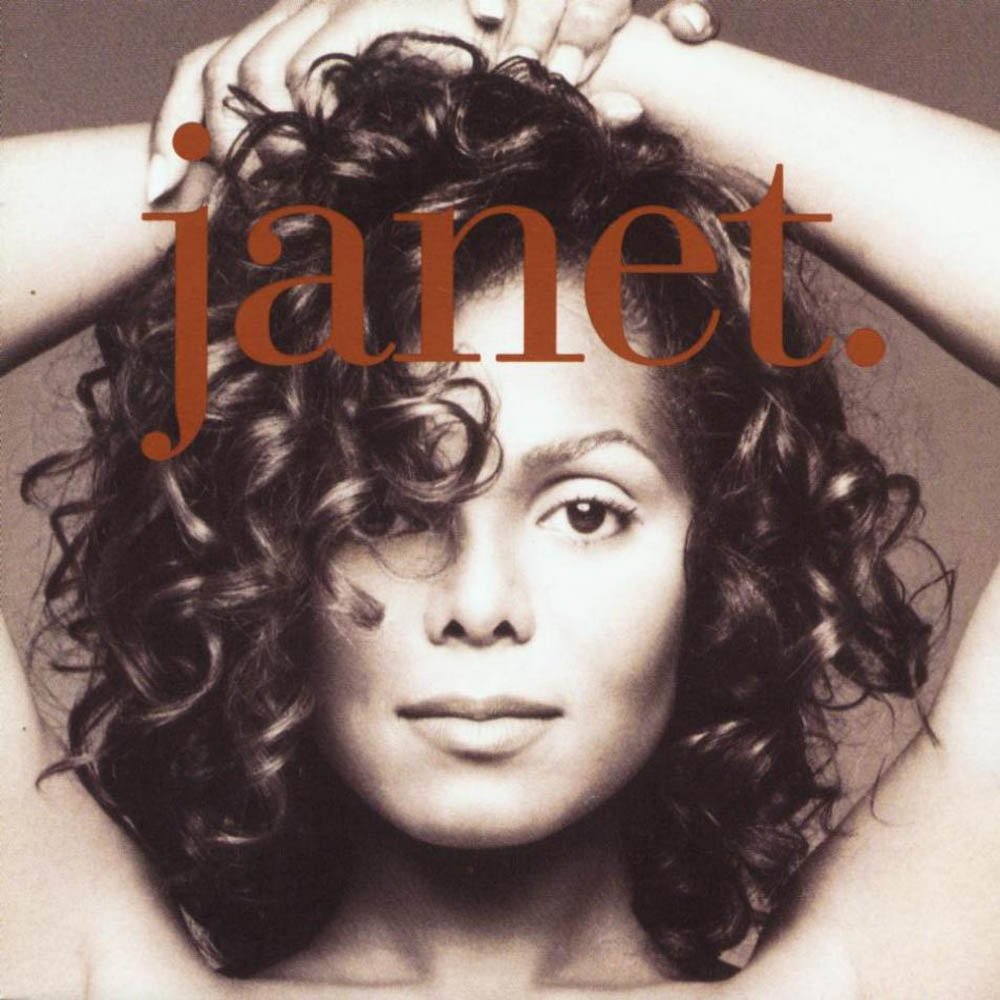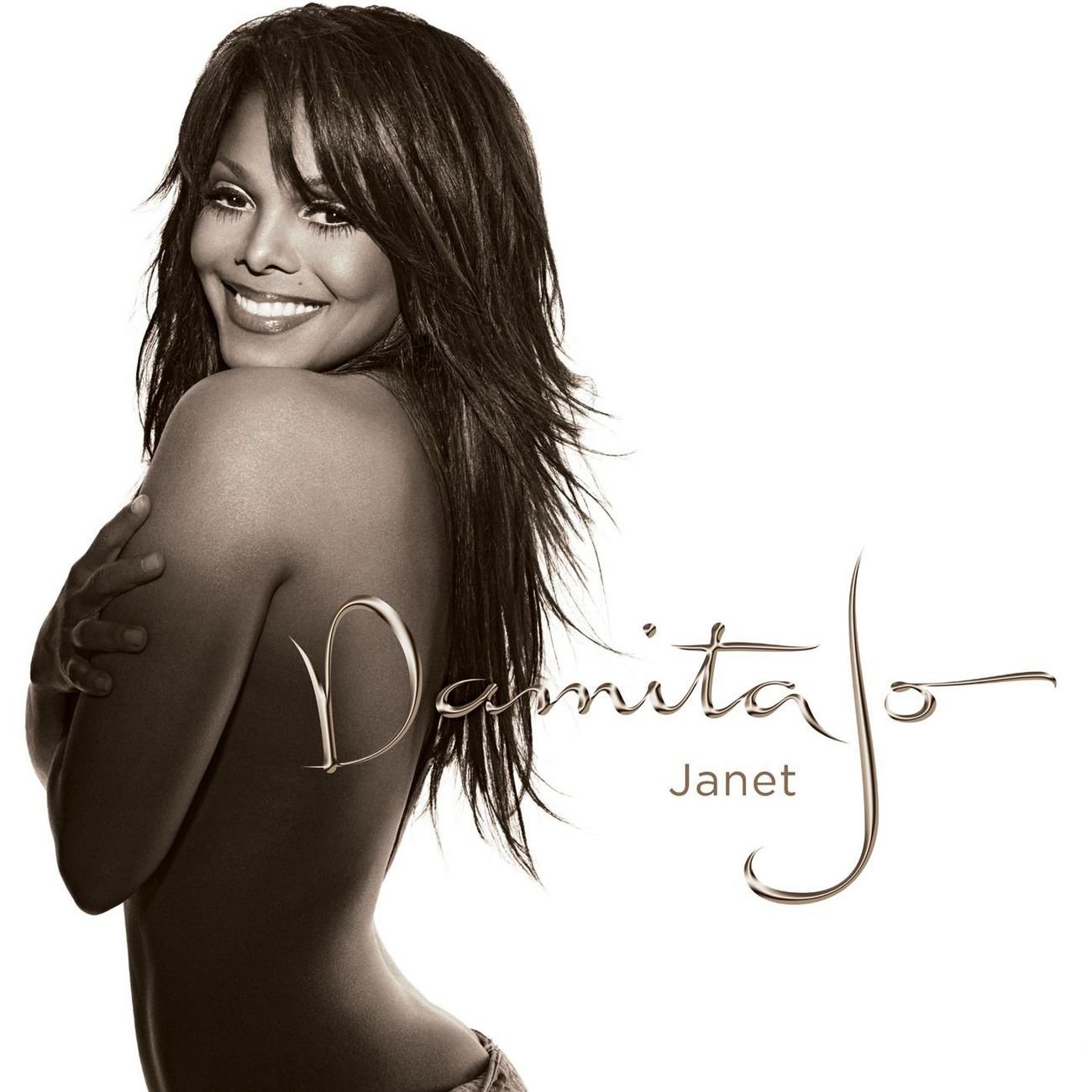Happy 15th Anniversary to Janet Jackson’s ninth studio album 20 Y.O., originally released in Japan September 20, 2006 and in the US September 26, 2006.
At the outset of her third decade in music, Janet Jackson was exactly where she wanted to be.
Despite a demure slide in sales following janet. (1993)—her first of an eventual five-project arc for the Virgin label—Jackson remained a fixture on the charts at home and abroad. Her seventh studio set All For You was proof positive of this upon its issuance in the spring of 2001, but Jackson’s appeal didn’t solely hinge on commercial viability.
With her eighth outing Damita Jo (2004), she leveled up her artistic game and returned to the forward-thinking R&B that defined her finest work. On February 1, 2004, eight weeks prior to the album’s reveal, Jackson headlined the thirty-eighth installment of the Super Bowl Halftime Show. At the close of her performance, she graciously hosted pop upstart Justin Timberlake as a surprise guest—it ended up the source of an overblown controversy. Lost amid the furor, Damita Jo became Jackson’s only body of work to not hit the platinum mark more than once, post-Control (1986).
Understandably, when it came time to workshop its follow-up in December of 2005, an uncertainty loomed over those initial sessions. Opinions were not in short supply from pundits, fans, or potential collaborators—everyone had something to say regarding the direction Jackson should or shouldn’t take in the slipstream of the Super Bowl fallout.
In the fall of 2006, renowned writer-producer Kwamé Holland infamously remarked that the final product Jackson ultimately put forward was subpar compared to what they had originally brainstormed. And, of course, the well-meaning (but distracting) commentary contributed by Jermaine Dupri, decorated trackmaster and Jackson’s then-romantic partner, did little to quell the noise surrounding the singer-songwriter. Anyone else without a sense of autonomous discipline might have gone mad—not Jackson. In the end, she shut out the clamor to draft the record she desired. During this crucial juncture in her career, Jackson took stock of her legacy and peered back to where she first centered her creative voice: Control.
Her third long player allowed Jackson to shed the affable pre-fab black pop of Janet Jackson (1982) and Dream Street (1984) for something more substantive and bold. But with the denomination of her ninth record as 20 Y.O. in the present day, more than a few pundits erroneously assumed that this signaled a course corrective retreat toward pleasurable nostalgia. Some of the PR politesse Jackson and her camp offered up to the press outlets in the lead up to its initial release in Japan on September 20, 2006 unintentionally encouraged this train of thought. However, the album’s name was merely a commemorative gesture concerning the distance of two decades since Jackson took hold of her musical destiny.
Watch the Official Videos (Playlist):
Barring snatches of “What Have You Done for Me Lately?,” “Miss You Much,” “China Love” and “I Get Lonely” woven into parts of the fabric of 20 Y.O., the bulk of its content once again found Jackson putting modern R&B, soul and Black dance-pop sonics into service for her aesthetic purposes. In this way, 20 Y.O. did not break from what was done on Damita Jo; but, if those ingredients were utilized in a winsome, experimental fashion there, Jackson actioned them in a direct, uncompromising way here.
Having come back to her trademark rhythm and blues approach on 20 Y.O.’s predecessor spoke to the enduring cultural connection between Jackson and the African-American community that pre-dated her recording career. Now, forced to navigate a noticeable portion of the wider (i.e. - white) popular music landscape in semi-exile, it was that Black audience who lifted Jackson up. She honored them by leaning further into the rhythmic roots of her sound. This is not to say that Jackson had disinvited her non-Black patrons (they were welcome to partake as they ever were). The difference with 20 Y.O. is that the tone of its stock is unapologetic in the expression of its Blackness.
To achieve this goal, Jackson, James Harris III and Terry Lewis (collectively known as Jam and Lewis) partnered to cover the collection’s primary scripting and production duties as was tradition. However, someone new joined this nucleic trio making it a quartet: Dupri. Cynics mused that the mogul-producer’s occupation as the head of the urban music division of Virgin and his having helmed Mariah Carey’s comeback spectacle The Emancipation Of Mimi (2005) led to him being shoehorned into the established Jackson-Harris-Lewis dynamic. That baseless gossip aside, all four individuals would settle into a comfortable collaborative relationship; outside of remixing “Someone To Call My Lover” five years earlier for Jackson, 20 Y.O. marked the couple’s first prolonged pairing in a studio environment.
Additionally, as she’d done on Damita Jo, Jackson expanded her writing-production circle with support from Johntá Austin, Ernest “No I.D.” Wilson, Manuel Seal Jr., James “LRoc” Phillips and the Avila Brothers, Bobby and Issiah.
The 20 Y.O. era officially commenced on May 1, 2006 with “Weekend.” Made available on Jackson’s official website as a limited digital download “gift to fans,” the number is a mostly faithful cover of Debbie Deb’s 1984 freestyle stunner “Lookout Weekend.” It finds her mixing old school charm with new school cool. For reasons still unknown, she excised “Lookout” from her iteration of the song’s title. Curiouser still was “Weekend’s” absence on 20 Y.O., possibly owed to the mixed reception that welcomed it.
“Call On Me,” the lead-off single, debuted that July; a handsome duet between Jackson and the St. Louis emcee Nelly (born Cornell Haynes Jr.), the track brought Jackson her record-breaking sixteenth U.S R&B number-one smash. It sat atop that chart for two weeks. On the other end of things—the Billboard Hot 100—the single ensconced itself into the lower half of the U.S. Top 30. A staple at urban radio and retail that summer, “Call On Me” had been constructed around the S.O.S. Band’s 1983 chestnut “Tell Me If You Still Care,” a pre-Control Jam and Lewis production showcase. It signposted a sampling tradition integral to Jackson’s tunesmithing which dated back to Janet Jackson’s Rhythm Nation 1814 (1989). 20 Y.O. was no exception.
Out of its sixteen cuts—eighteen on the Japanese version—another four have Jackson making clever use of samples from myriad sources. Herbie Hancock’s “Rockit!,” Kraftwerk’s “Boing Boom Tschak,” Afrika Bambaataa’s “Planet Rock” and Brenda Russell’s “If Only For One Night” are tapped for “So Excited,” “Show Me,” “Get It Out Me” and “Do It 2 Me” respectively. On this four-song set, Jackson builds out on the aforementioned old school charm/new school cool detailed on “Weekend” with kinetic hip-hop rhythms, electro-hop grit and spicy chamber funk. These uptempos that line the opening side of the long player are beat driven, yet Jackson uses melody to provide an appetizing contrast between both elements—nowhere is this more evident than on 20 Y.O.’s second single “So Excited.”
Enjoying this article? Click/tap on the album covers to explore more about Janet Jackson:
Informed by the club-ready countenance of this masterjam, Jackson approximates a street, but sensuous posture. She aligns her sauciness to an even cheekier hook via rap songstress Khia. The recruitment of Ms. Finch highlights Jackson’s bond with hip-hop and rap culture—which went all the way back to her killer remix of “Alright” with the late great Heavy D.
For all the bite she imparts on the floorfillers, Jackson shines as a singer on the second half of 20 Y.O. where adult soul, quiet storm and jazz flavors flow and she is free to indulge her passion for softer, more nuanced textures. Pieces like “Enjoy,” “Take Care,” “Love 2 Love,” “Roll Witchu” and “Days Go By,” peppered with Jackson’s colorful harmonies, capture the fullness and unique timbre of her instrument—she has never sounded better.
Regarding Jackson in a live context, the 20 Y.O. epoch beaconed a necessary shift in how she communicated with her public. A powerhouse on the stage by the early 2000s, her technique remained compelling, but restrictive in what she could do as a vocalist. After some minor choreography adjustments, Jackson managed to strike a winning balance with dancing and singing as seen in key promotional appearances for the period: NBC Today, the Ellen DeGeneres Show, the Oprah Winfrey Show and the 2006 Billboard Music Awards. Her refreshed live technique carried over into the subsequent tours embarked upon in 2008, 2011, 2015 and 2017.
“I’ve talked about racism, spousal abuse, empowering women, children / what do I want to talk about this time? / I’ve covered a lot in my twenty years, […] / But I wanna keep it light, I don't wanna be serious /I wanna have fun.” Jackson’s confession—delivered at the top of 20 Y.O.—denoted the endless supply of topical fuel at her disposal. But what sparked her imagination most? Amorous love and sensuality. She explores these two touchstones through sentimental musings (“With U”), attitudinal directives (“Show Me”), and warm invitations (“Daybreak”). To those reading between the lines, one could easily parse fact from fiction as to which songs drew inspiration from her courtship with Dupri.
Though the award for the most immersive entry on 20 Y.O. goes to “This Body,” a groovy slice of wild erotica. Operating from the vantage point of the unattainable pinup, Jackson flips the objective male gaze back on itself; it is a delightful, Black feminist twist on the old “turnabout is fairplay” adage. “This Body” goes further into narrative overdrive with its feature from “Cocaine J,” an alias for Dupri, who drops several bars—his character is enthralled by Jackson’s covergirl persona. Given that she graced countless magazines (from King to W) during the actual stump for 20 Y.O., Jackson had the fantasy range at 40.
Even with certain media outlets keeping Jackson at arm’s length, the unveiling of 20 Y.O. still generated a considerable degree of fanfare. Black listeners, as intended, embraced the LP with open arms and helped hold her commercial fortunes steady—the record reached the platinum threshold Damita Jo had domestically. Reviews, spanning from glowing to indifferent, showed that the damage done to Jackson and how she was received in the broader pop eco-system were still to have far reaching consequences.
The no frills release of “With U,” the third and final single off 20 Y.O., in late 2006 brought a muted end to Jackson’s thirteen-year partnership with Virgin Records. The nomination of the project for “Best Contemporary R&B Album” at the 49th Annual GRAMMY Awards in 2007 was a brief silver lining to an otherwise disappointing outcome for such a solid band of tracks. Jackson went down the major label road one more time with Discipline (2008) before taking matters into her own hands with Unbreakable (2015). That acclaimed raft, her eleventh overall, was issued on her own Rhythm Nation imprint, but with an impressive distribution deal through BMG Records. Only recently has Jackson’s entire canon begun to enjoy a much-needed critical reappraisal.
Fifteen years on from its release, 20 Y.O. remains largely misunderstood due to the fraught conditions that shaped it. Although it broke no new ground, the album saw Jackson confidently hit her veteran stride doing what she does best: turning out full-bodied R&B that thrills discerning audiophiles everywhere.
LISTEN:





